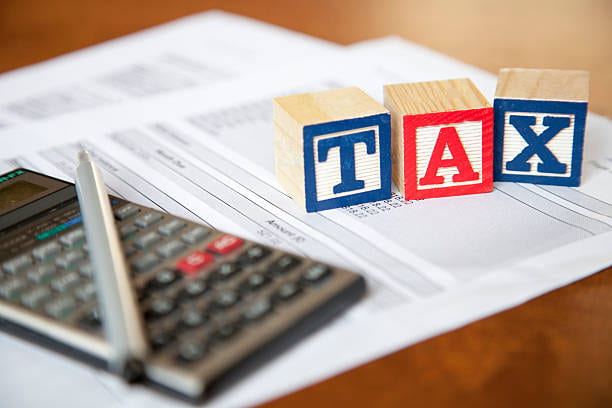
As an Amazon seller, managing your finances effectively is crucial to maximizing your profits and ensuring the long-term success of your business. Accurate and organized accounting practices not only help you keep track of your sales and expenses, but they also provide valuable insights into your business’s financial health. Here are five essential accounting tips for Amazon sellers to help you stay on top of your finances and boost your profitability. Read this helpful article for more info about accounting services.
Separate Personal and Business Finances: One of the most important steps you can take as an Amazon seller is to separate your personal and business finances. Open a business bank account and use it exclusively for all your Amazon transactions. This separation will make it much easier to track your income and expenses, calculate your profit margins, and generate financial reports for tax purposes.
Keep Track of All Expenses: Maintaining a comprehensive record of all your business expenses is essential. This includes not only the cost of your products but also any fees, commissions, shipping charges, advertising costs, and other relevant expenses. Using accounting software or dedicated Amazon seller tools can help you automate this process and provide you with accurate and timely expense reports.
Monitor Cash Flow Regularly: Cash flow is the lifeblood of any business, including Amazon sellers. Regularly monitoring your cash flow allows you to identify trends, plan for upcoming expenses, and make informed decisions about inventory management and business growth. Set aside time each week or month to review your sales and expenses, and consider using cash flow projection tools to forecast your future financial position. If the topic is still not clear to you about accounting, find more info here.
Automate your Bookkeeping: Manual bookkeeping can be time-consuming and prone to errors. Consider using accounting software specifically designed for Amazon sellers to automate your financial record-keeping. These tools can sync directly with your selling account, import your sales and expense data, and generate detailed reports to simplify your tax filing process and provide you with valuable insights into your business performance.
Hire a Professional Accountant: As your Amazon business grows, it may be beneficial to hire a professional accountant or tax advisor who specializes in e-commerce businesses. They can provide expert guidance on tax planning, help you navigate complex accounting regulations, and ensure you are maximizing your deductions and minimizing your tax liability. Investing in professional accounting services can save you time, reduce the risk of costly mistakes, and allow you to focus on growing your business.
Conclusion: Implementing effective accounting practices is essential for Amazon sellers looking to maximize their profits. By separating your personal and business finances, keeping track of all expenses, monitoring cash flow regularly, automating your bookkeeping, and seeking professional accounting assistance, you can ensure the financial success and longevity of your Amazon business. Take the time to set up a solid accounting system and make it a priority to stay on top of your finances, and watch your profits soar. Check out more about this post here: https://en.wikipedia.org/wiki/Accounting.

